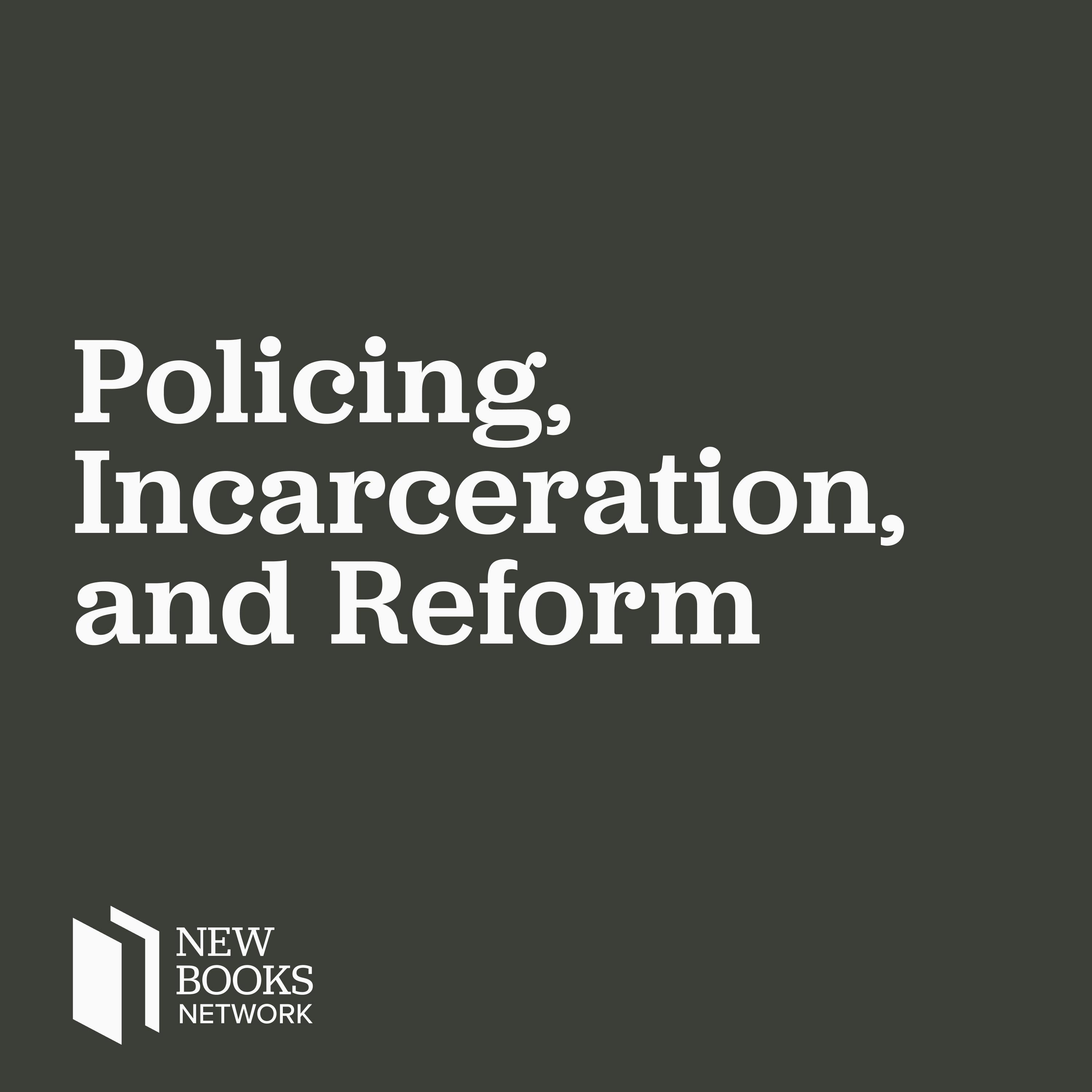Kevin B. Smith, "The Jailer's Reckoning: How Mass Incarceration Is Damaging America" (Rowman & Littlefield, 2024)
Description
How does a Black man in Austin get sent to prison on a 70-year sentence for stealing a tuna sandwich, likely costing Texas taxpayers roughly a million dollars? In America, your liberty--or even your life--may be forfeit not simply because of what you do, but where you do it. If the same man had run off with a lobster roll from a lunch counter in Maine it's unlikely that he'd be spending the rest of his life behind bars.
The U.S. incarcerates more people than any other industrial democracy in the world. We have more ex-prisoners than the entire population of Ireland, and more people with a felony record than the populations of Denmark, Norway, New Zealand and Liberia combined. Why did the United States become the world's biggest jailer? And, just as importantly, what has it done to us? What are the costs--socially, economically, and politically--of having the world's largest population of ex-prisoners? And what can we do about it?
In The Jailer's Reckoning: How Mass Incarceration Is Damaging America (Rowman & Littlefield, 2024), Kevin B. Smith explains that the United States became the world's biggest jailer because politicians wanted to do something about a very real problem with violent crime. That effort was accelerated by a variety of partisan and socio-demographic trends that started to significantly reshape the political environment in the 1980s and 1990s. The force of those trends varied from state to state, but ultimately led to not just historically unprecedented levels of incarceration, but equally unprecedented numbers of ex-prisoners. Serving time behind bars is now a normalized social experience--it affects a majority of Americans directly or indirectly. There is a clear price, the jailer's reckoning, to be paid for this. As Smith shows, it is a society with declining levels of civic cohesion, reduced economic prospects, and less political engagement. Mass incarceration turns out to be something of a hidden bomb, a social explosion that inflicts enormous civic collateral damage on the entire country, and we must all do something about it.
Learn more about your ad choices. Visit megaphone.fm/adchoices
More Episodes
Published 11/24/24
In this episode of High Theory, Faye Raquel Gleisser tells us about Risk. A calculable danger in economics, athletics, sociology, or healthcare, risk has become a socially constructed danger that changes who we are and how we move through the world. Faye asks us to think about how risk management...
Published 11/16/24
The United States incarcerates its citizens for property crime, drug use, and violent crime at a rate that exceeds any other developed nation – and disproportionately affects the poor and racial minorities. Yet the U.S. has never developed the capacity to consistently...
Published 11/11/24


